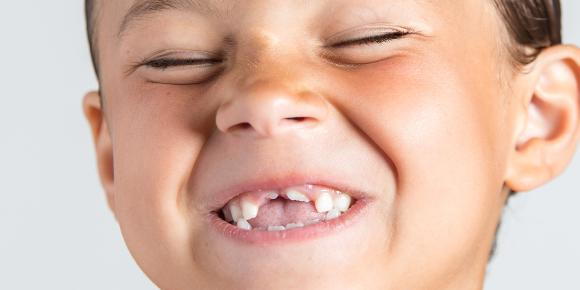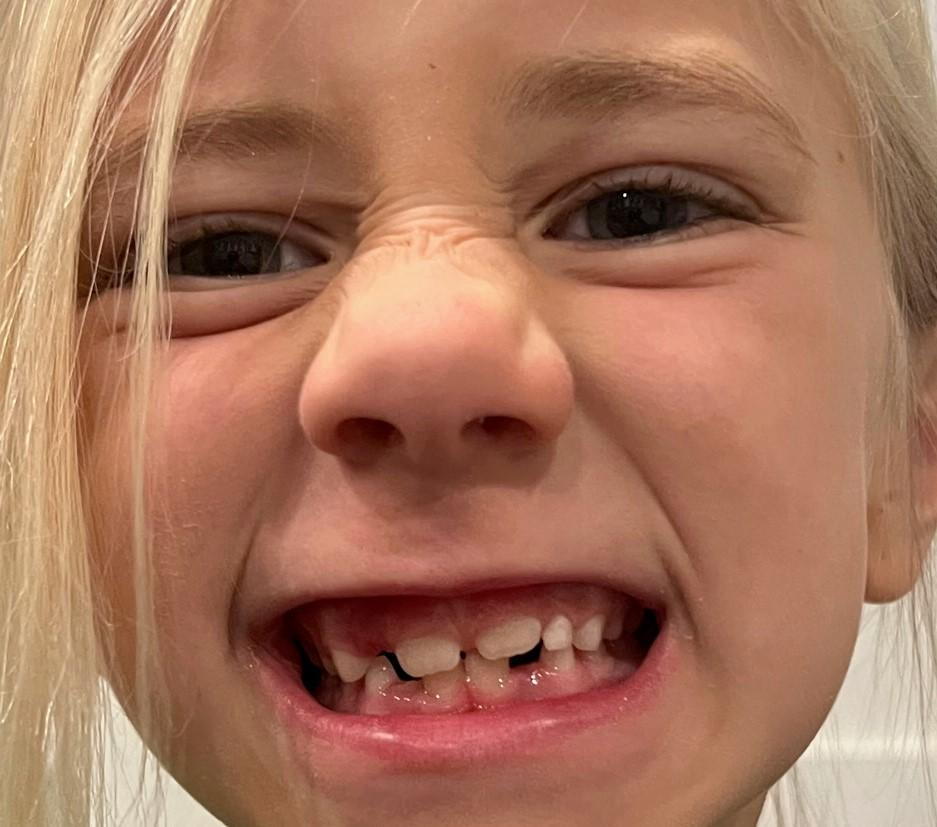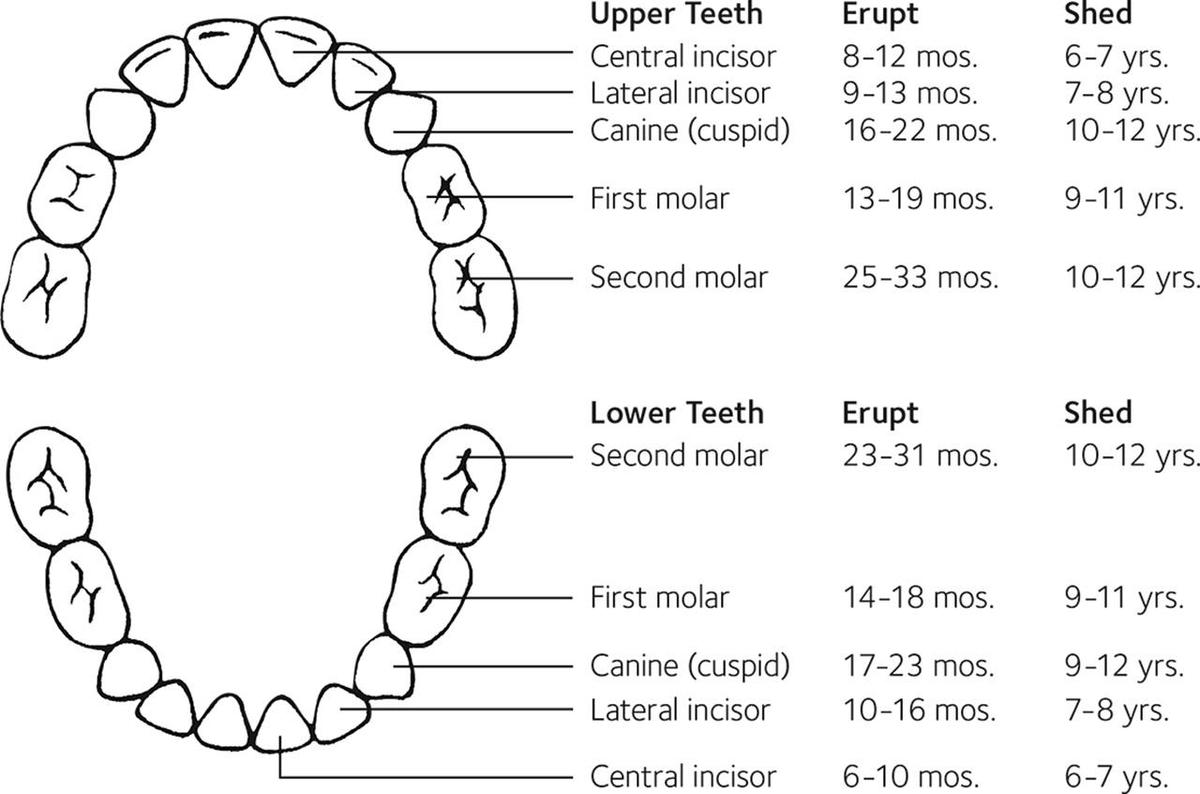All I Want For Christmas is My Two Front Teeth
posted: Dec. 12, 2022.

It’s Christmas time and the holiday songs have been playing since November 1. By now, you have surely heard the song about the little kid that only wants her two front teeth for Christmas! If only it was that easy and that’s all kids asked for these days! While we can’t help you find that highly sought-after toy, or even make your child’s two front teeth appear in time for Santa photos, we can tell you what to expect when it comes to losing baby teeth.
When will your child lose his or her first tooth, and which teeth do children usually lose first? When will the adult teeth come in? All these questions are totally normal and expected. We get asked all the time, “When will my child lose his or her first tooth?” and “Which teeth do kids lose first”?
The honest answer is… it depends. When it comes to losing baby teeth, the range for “normal and acceptable” is quite large. Some five-year-old children will lose five or six teeth before turning six! Some seven- year-olds haven’t lost a single tooth- and that’s normal, too. The truth is, just like all stages of development, each child and each body are different. Your child will lose a baby tooth when the adult tooth behind it is ready to come in. The roots of the primary tooth will become loose and the tooth will become more and more wiggly until it eventually falls out. Rushing this process is not helpful. If an adult tooth is not in place to move up, the empty space in the mouth becomes an area where other teeth can shift and cause problems. Baby teeth have a purpose.

A child usually loses his or he first tooth around 6-7 years old. But tooth loss can continue up to 12 years of age. If your child’s first tooth erupted very young, they are more likely to lose their first tooth at a young age. Take a look at the chart below from the American Dental Association (ADA), which shows the average ages when children’s primary (baby) teeth first erupt, or come in. You will notice that kids typically lose their teeth in a similar order to how they erupted when they were babies.

https://www.mouthhealthy.org/all-topics-a-z/eruption-charts
While the range of what is “normal” varies widely, parents and caregivers that are concerned about extremely early or delayed tooth loss in their child should take them to a pediatric dentist for a dental examination and to rule out any health concerns that could impact tooth eruption and loss. In most cases, your child is just fine and will lose his or her teeth when the time is right! In the meantime, whether you are waiting on your child to lose that wiggly tooth, or for the permanent tooth to come in, be sure to take care of all the teeth- big and small! Brushing twice a day and flossing any teeth that touch is the best way to keep your child’s smile bright and shiny for life.
Great dental hygiene starts with the baby teeth! They may be small, but they serve an important role. According to the CDC, about 1 in 5 children aged 5-11 years old have at least one decaying tooth that requires treatment. Children from low-income households are twice as likely to have cavities as children from high-income households. The good news is that cavities can be prevented! Daily brushing and routine visits to your Anderson Pediatric Dentist can help ensure your child’s smile remains healthy for life.
If you are searching for a dental home for your child in the Upstate area, Anderson Pediatric Dentistry would love to help keep your child’s smile beautiful. Call our office today at 864-760-1440 and let us give you “Something to Smile About.”
